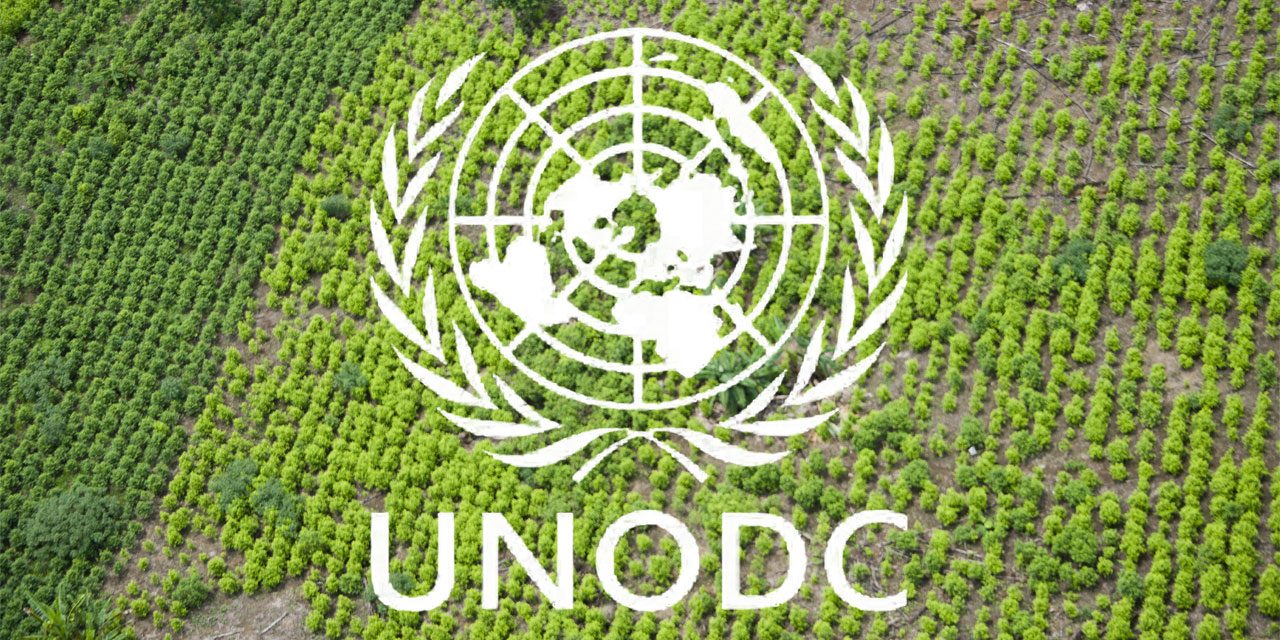Colombia’s cultivation of coca, the base ingredient for cocaine, dropped slightly in 2018, the United Nations said Friday.
The number of hectares with coca dropped from 171,000 in December 2017 to 169,000 at the end of last year, the country chief of the United Nations Office on Drugs and Crime (UNODC), Pierre Lapaque, said at a press conference with President Ivan Duque.
According to Lapaque, coca cultivation reduced in nine of Colombia’s 32 departments, “but the increases in Norte de Santander, Bolivar and Cauca compensated this reduction.
UNODC Colombia chief Pierre Lapaque
“It’s important to mention that Colombia still has the highest coca cultivation levels” since the UN began measuring in 2001, the UNODC chief said.
Coca cultivation in Colombia
Source: UNODC
Professionalization of coca production
According to Lapaque, his office registered a concentration of coca cultivation per square kilometer in regions where illegal armed groups involved in drug trafficking groups are the de facto authority and appear to take advantage of the state’s absence to carry out large-scale cultivation.
This would particularly be the case in the north of Cauca, Antioquia’s Bajo Cauca region and in the Catatumbo region on the border with Venezuela, according to Lapaque.
Historically, Colombia has seen two types of coca cultivation; one by small farmers in remote regions who have no access to the legal economy and large-scale coca cultivation often run by illegal armed groups.
Virtually all coca cultivation takes place in areas where the state has historically been absent.
UNODC chief reiterates success of crop substitution and development
The UNODC chief stressed the necessity of policies “like that of Caldas” which was declared coca-free last month. In this province, the regional government executed only crop substitution programs and rural development programs, and abstained from forced eradication.
According to Lapaque, eight other provinces could be declared free of coca if they follow Caldas’ example whose counternarcotics policy is practically diametrically opposed to the repressive policies promoted by the national government and the US.
The UN chief did not mention the potential production of cocaine, which could have continued to increase if cocaine production factories are able to increase their yield.


